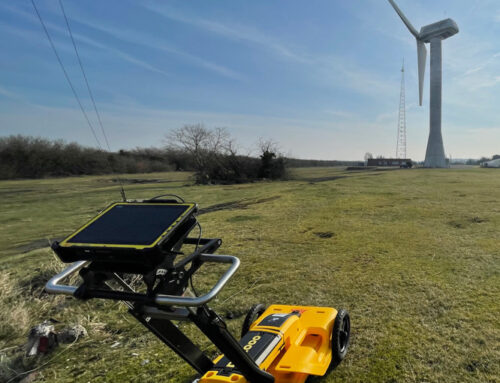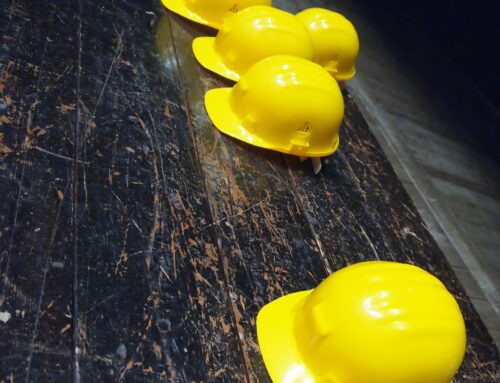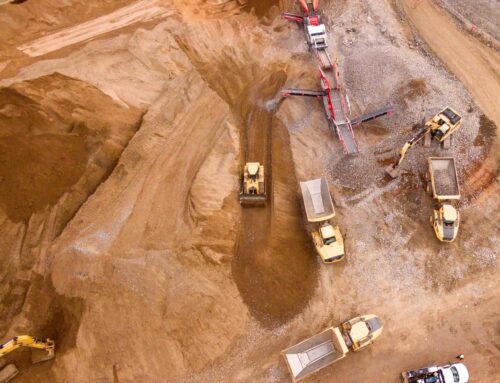Knowing you need a ground investigation is one thing but knowing exactly what kind of ground investigation you need can feel like a minefield. So, what are the different types of ground investigation, and which one would best suit your requirements?
Ground investigations are a means of determining the condition of the ground before the development of a site begins. The information will determine the project team’s ability to develop appropriate, efficient and easy to implement designs, as well as negate issues that could arise.
Trial Pits
If you require a quick and cost-effective solution, trial pits are a great option as only a small amount of equipment is required. A small digger can be used but if you want to reduce costs even further by eliminating transport and fuel, you can have it done by hand. With minimal equipment, you can create a detailed soil profile of up to 4 metres in depth which will give you valuable insight into the surface level strata (a series of layers of rock in the ground). This can easily be filled back in but be warned that some surface integrity could be compromised so make sure you consider this when thinking about using this method.
Window Sampling
Window Sampling is an economic method and provides high-quality samples from shallow strata. These sampling rigs are perfect for taking chemical samples, as well as setting up for Standard Penetration Tests (SPTs) and environmental monitoring. Unlike with Trial Pits, Window Sampling rigs can be set up to go lower than 2 metres, so can be used flexibly depending on the requirements of the project. Similar to Trial Pits, this method can also be done by hand so is a great option if we’re working in a reduced access space such as a basement.
Cable Percussion Drilling
If you’ve ever been to an excavation site, you will be aware that the A-frames that enable Cable Percussion Drilling are commonplace. Cable Percussion Drilling involves a weight bit being repeatedly dropped into the ground to considerable depths. This is a versatile method that offers high-performance across both most soil types formations. If the soils are weaker, it is an especially ideal method as it allows for casing to be lowered into the borehole as excavation occurs which also allows the opportunity for on-site testing.
Rotary Drilling
Suitable for both small and large-scale projects, this method uses torque and rotation to progress through rock strata. Most often used in quarry and mining-related settings, Rotary Drilling is fast, reliable and adaptable. It is a common type of deep ground investigation and is often used to try and obtain high-quality samples.
Conclusion
When selecting the right technique for your project it is important to look at each method as a whole, as well as talk to professionals (like us!) who can advise and carry out the necessary work for you.
Contact us for a free consultation and a no-obligation quote.
Other Services
Ground Investigations are just one part of the services we offer. We also provide Contaminated land, soakaway testing, topographical surveying, CCTV drainage surveys, and much more!




